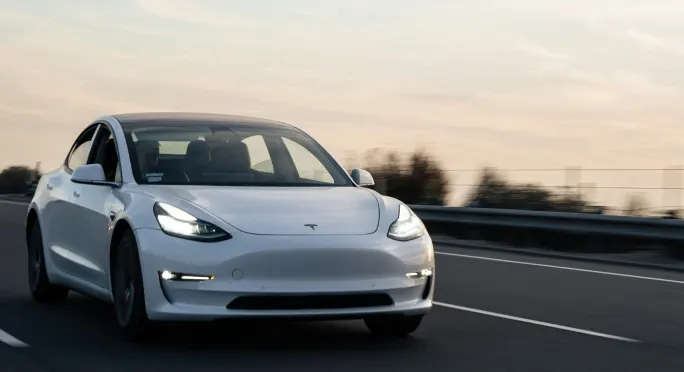Have Australians lost interest in electric cars?


Almost one in 10 new cars sold in Australia in 2025 is an electric vehicle – that’s an increase of 150% on sales in 2022. But EV purchases have cooled slightly since the hype of a couple of years ago, and we’re still trailing behind in the global average of EV adoption. So what’s going on? Have we fallen out of love with electric vehicles before they’ve had a chance to really take off?
It turns out there’s still healthy interest in driving electric – but there are multiple factors at play.
Who’s considering buying an EV?
EVs have been around long enough that they’re in the mix for many people looking to buy a new or second-hand car – but fewer are considering them. According to research from carsales, the number of people who’d consider purchasing an EV actually fell to 34% in 2024, compared to 56% in 2022.
The early attraction to EVs was clear: cheaper running costs, no more trips to the fuel bowser, and various government incentives to sweeten the deal. Since the early adopters got on board, we’ve seen how EVs stack up in the Aussie conditions and car market.
The good
Adapting infrastructure
The rapid rollout of public charging stations and a standardisation in charging plugs has calmed much of the uncertainty around charging infrastructure and range for our long Aussie distances. While range anxiety still puts some would-be buyers off, most Aussies don’t drive more than 50 km a day, which safely fits into the average EV range.
There’s also exciting new V2G technology just around the corner that could allow drivers to charge their home from certain models of all-electric cars, potentially transforming the way we manage power in Australia.
The newcomers
While Tesla’s still leading the way in new EV sales, it’s starting to lose ground to brands like BYD and MG. There are new players in the market, such as the Geely EX5 and BYD Sealion 7, and this is leading to more choice for new cars – and subsequently freeing up stock of second-hand EVs. With more options, better technology, and greater availability, this could lead to a new wave of first-time EV owners.
The bad
Purchase prices
While EV running costs can be significantly cheaper, 59% of respondents in a carsales survey say cost is the biggest barrier to them buying an EV right now. It’s therefore little surprise that EV uptake has been stronger in households where collective income is over $200,000.
A new Federal Government initiative aims to address the cost issue, introducing $150 million in low-interest EV loans for essential workers earning under $100,000 a year. This applies for both new and used EVs up to $55,000, with quite a few options available in that range.
PR problems
EVs are also suffering from a bit of an image problem – and some of this is fairly unwarranted. A large number of Australians still believe that petrol or diesel cars are faster, safer to own, easier to sell, and more exciting than EVs – despite there being some excellent options in the EV market, including those with five-star ANCAP safety ratings. Of course, the controversy around Tesla’s CEO probably isn’t helping the reputation of EVs right now either…
The hybrid
Interestingly, it’s hybrids that have caught the eye of many Aussies for their next car purchase. When asked which car type people expected to be most common in 5 years’ time in an NRMA survey, 45% said hybrid would be most common – beating out petrol and diesel at 32% and all-electric cars at 23%. 41% of Aussies would consider buying a hybrid for their next purchase, versus 20% for full-battery electric. And sale patterns do reflect this, with plug-in hybrid (PHEV) sales doubling from 2023 to 2024 and conventional hybrids seeing a 76% increase from 2023.
It’s easy to see why the hybrid suits Aussie buyers. A hybrid helps to combine the lower running costs and emissions of an electric vehicle, together with the convenience and range confidence of a petrol or diesel option. Plus, with the Toyota Prius launched over 20 years ago here, we’re generally a little more familiar with hybrid options.
So – will 2025 and beyond be electric?
In short: we’ll probably see continued growth and interest in EVs. The Electric Vehicle Council expects total EV sales to count for at least 15-19% of the market by 2026 based on current trends. We’re also expecting a robust second-hand EV market with more choice and features to choose from.
So the conclusion is nope – Australians haven’t forgotten about EVs. We’re just going electric thoughtfully. In the wake of the cost-of-living crisis and in our unique environment, we’re simply making savvy decisions about buying new and second-hand EVs.
If you are considering buying an EV second-hand, you can’t go past Carma for pre-checked quality. You can even return your car in the first seven days for any reason, with the chance to really test it out in the real world. For the full range of expertly-selected used cars in Sydney, head to the handy search page today.


